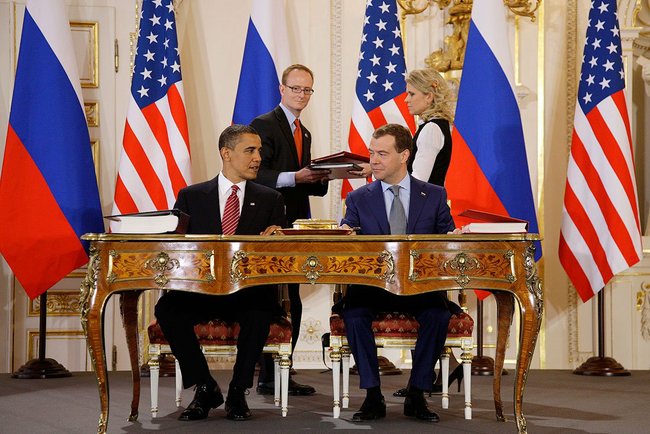
Days after Joe Biden entered into office in the United States, his administration announced that it would be prepared to extend the 2010 Strategic Arms Reduction Treaty (New START) for a period of five years. This news comes after numerous calls by arms control experts for the United States and the Russian Federation to extend the Treaty. VCDNP Senior Fellows Angela Kane and Nikolai Sokov were interviewed along with other international experts on the Treaty's extension for an article published in Russian language by Lenta.ru.
The article, entitled "We'll put off the crisis for five years," focuses in large part on whether the Biden administration took the decision to extend New START as a matter of the US national interest as it has stated, or if the move is a concession to Russia.
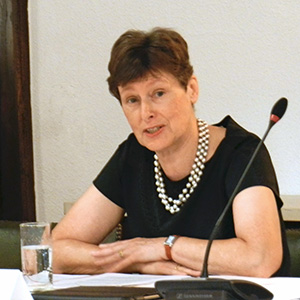
"I don’t think that this is a concession to Russia," said Ms. Kane. "It is a realistic assessment by the US that New START benefits not only the US and Russia, but the world as well. [...] I was very happy to hear that the Biden Administration has agreed to extend New START for another five years. This Treaty, just like other arms control treaties, provides strategic stability and security. It takes time to negotiate treaties, often years, and the extension of New START allows space to enter into discussions and negotiations about the way forward, including new armaments and yes, possibly engaging other nuclear powers as well. Now that the Treaty on the Prohibition of Nuclear Weapons has entered into force, this increases pressure on the nuclear-weapon States to demonstrate their willingness to implement Article VI of the [Treaty on the Non-Proliferation of Nuclear Weapons (NPT)], as nothing has been done since New START entered into force over ten years ago."
Dr. Sokov further addressed the strategic value of extending New START in his remarks. He noted the historical conditions in US-Russian arms control that made the conclusion of New START an urgent matter in 2009, when START I expired and New START was quickly concluded. Dr. Sokov explained that, while the idea was that New START would provide time to negotiate a more comprehensive treaty, these negotiations never took place.
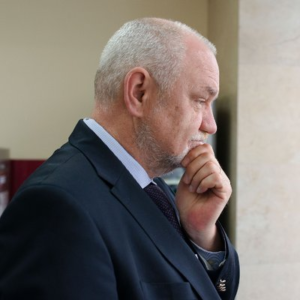
"The extension of the [New START] treaty makes exactly the same sense as its conclusion: [when] START I expired in 2009, the parties were left without predictability in strategic forces, without data exchange, without verification. Therefore a relatively modest and, frankly speaking, elementary treaty [New START] was quickly concluded, which should have become a bridge to a new, more fundamental [treaty] to guarantee stability during the negotiations. The negotiations did not take place under Obama. Under Trump, something began at the last moment, but also was not successful. Therefore, it makes sense to extend the treaty in the hope negotiations will commence, and perhaps even reach a new agreement."
Although New START has been extended for five years, Dr. Sokov expressed concern about the prospect of a follow-on treaty, despite the Biden administration's stated intent to return to multilateral diplomacy.
"The prospects of the negotiations are not promising," he said. "In practical terms, we can only count on the start of consultations; full-scale negotiations are less probable; the conclusion of a treaty in the course of the next five years is quite unlikely. And this is even considering that in the next [US] elections the democrats will almost certainly win, that is, there will be continuity. It seems to me that in 2026 we will be left without a treaty that regulates strategic arms, so the extension puts off the crisis for five years, but we do not have the conditions for the resolution of of the crisis. I will be happy if I am mistaken."
Dr. Sokov also commented on the demise of the Intermediate-Range Nuclear Forces (INF) Treaty in the context of the crisis in arms control, and asserted that, while it likely cannot be replaced, the concerns that it addressed could be included into a follow-on to New START should the US and Russia be successful in concluding such a treaty.
"No one is going to restore the INF Treaty. First, we will not be able to resolve the question of Russia's compliance to it. In principle it is possible, but so far the existing channels for dialogue [under the Treaty] haven't been used and now we do not have these channels at all. Second, the Biden administration understands well that serious efforts to solve these problems will look like a concession. Third, Russia does not really need the [INF] Treaty either, so Russia will not make special efforts [to restore the Treaty].
The most painful aspect [of the INF Treaty] for Russia is the ban on [ground-launched] missiles with conventional warheads. For that reason, about 15 years ago, Russia seriously considered a unilateral withdrawal. These issues could be resolved in the context of a 'big' treaty that may succeed New START and which would address tactical nuclear weapons, long-range conventional missiles of all basing modes, theater missile defense [and so on]. I do not think it will be possible to conclude a separate treaty on intermediate-range missiles, especially a bilateral one that covers only land-based systems."
Read the full article (in Russian)
Featured image courtesy of kremlin.ru.
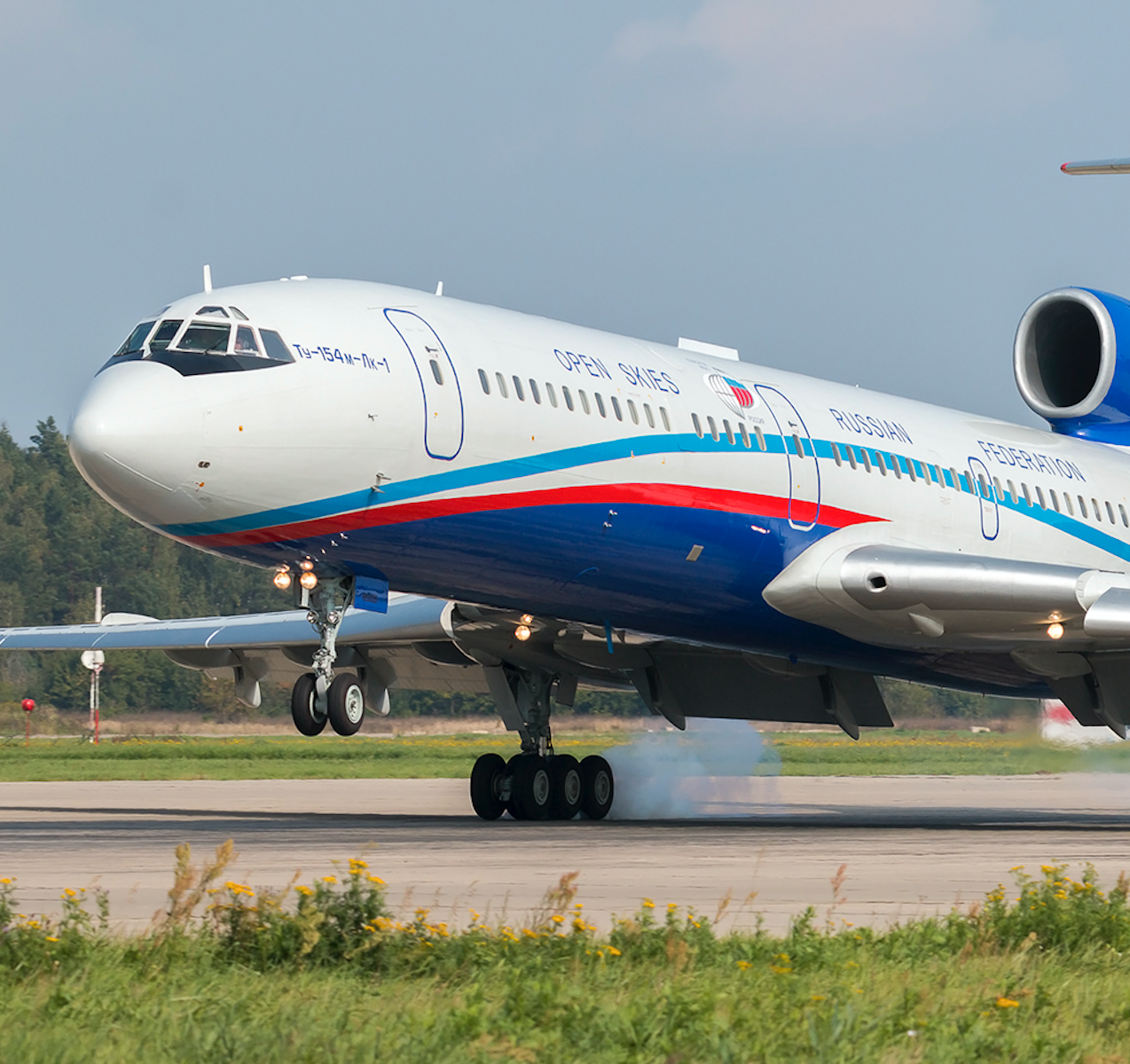
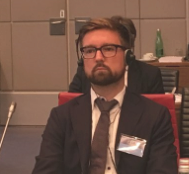
By continuing to use the site, you agree to the use of cookies. more information
The cookie settings on this website are set to "allow cookies" to give you the best browsing experience possible. If you continue to use this website without changing your cookie settings or you click "Accept" below then you are consenting to this.